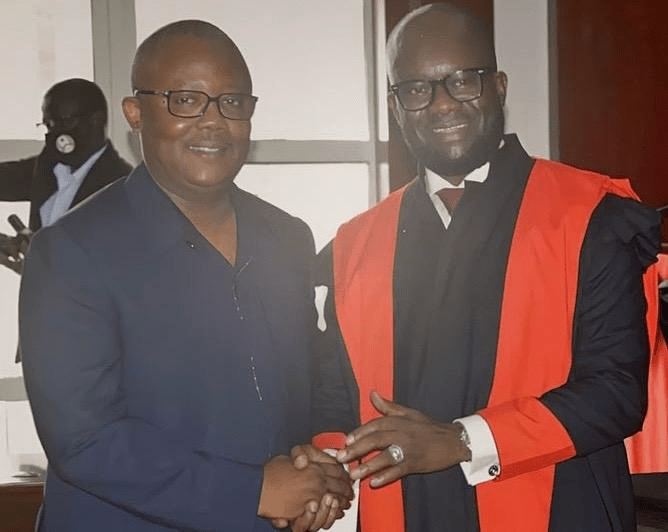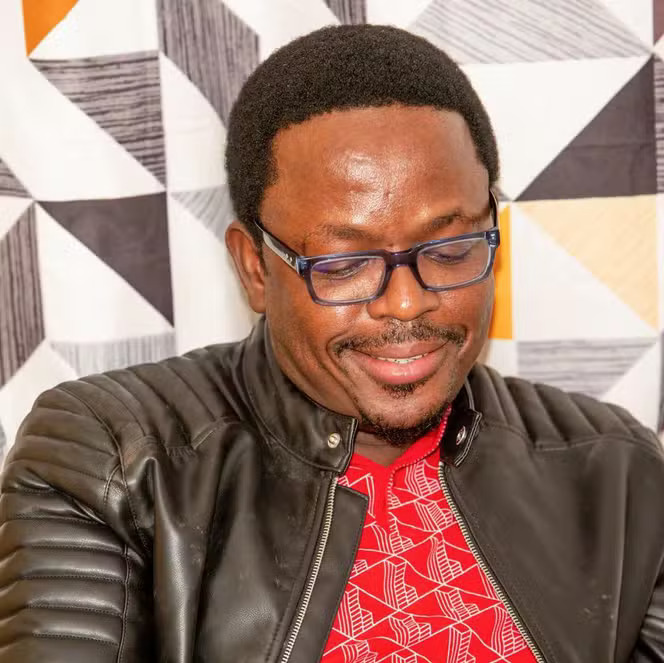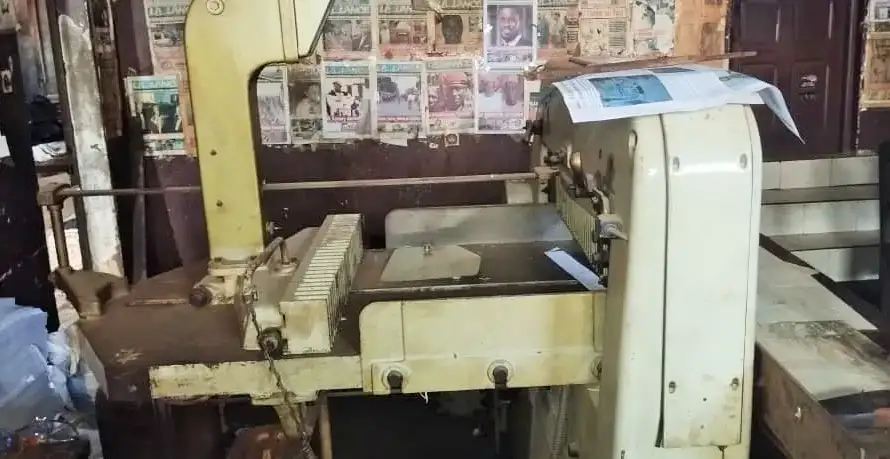On September 25, 2025, Guinea-Bissau’s Supreme Court of Justice (STJ) barred three radio stations from covering a press conference at its headquarters. The press conference was convened to clarify the Court’s rejection of a major political coalition’s candidacy in the November 23 elections.
Journalists from Rádio Capital FM, Rádio Voz de Quelelé, and Rádio Galáxia de Pindjiguiti were initially admitted to the conference hall, only to be singled out and ordered to leave by a court staff member, who gave no explanation for the exclusion. One of the journalists, Quebo Dabo of Rádio Capital, explained that “before the press conference began, a staff member started identifying journalists by their media houses and instructed us three to leave, without any justification.”
The action has provoked strong condemnation with several civil society groups voicing alarm. The Liga Guineense dos Direitos Humanos (Guinean League for Human Rights – LGDH) described the move as a direct affront to press freedom, stressing that by silencing journalists, the Supreme Court of Justice undermines citizens’ right to free, pluralistic, and transparent information.
The Sindicato dos Jornalistas e Técnicos da Comunicação Social (SINJOTECS), MFWA’s national partner organisation in Guinea-Bissau, has equally strongly denounced the decision as “an arbitrary and unjustified restriction” that constitutes “a clear violation of the right to information” and “an attempt to curtail press freedom.”
The MFWA joins SINJOTECS in condemning the exclusion of the three radio stations from the press conference. By barring journalists from covering a press conference on a matter of critical public interest, the Supreme Court has denied citizens the right to timely and diverse information and created space for speculation and misinformation at a time when transparency is crucial.
As the institution responsible for safeguarding the credibility of Guinea-Bissau’s electoral process, the Supreme Court must ensure that its decisions are communicated openly and accessible to all media without discrimination. Restricting journalists not only undermines confidence in the Court’s impartiality but also weakens democratic accountability and risks fuelling political mistrust in an already fragile environment.
The MFWA therefore calls on the Supreme Court to provide clarification for this unprecedented exclusion and to guarantee equal access to public information for all media outlets. We further urge all state institutions in Guinea-Bissau to respect their constitutional obligations to protect press freedom and citizens’ right to information, especially in the run-up to the November elections.






